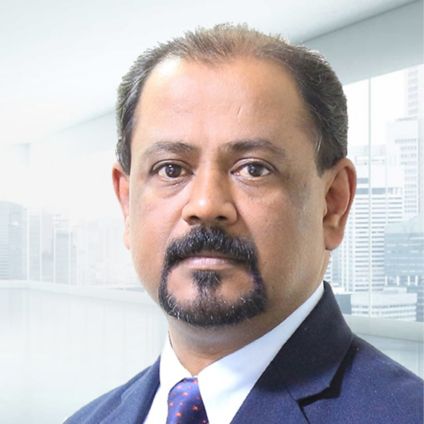Although SEZs have played a pivotal role in contributing to India’s economic growth, they have not reached the level of success that was envisaged. In fact, the interest of business community in SEZs slowed down over the years owing to imposition of Minimum Alternate Tax (MAT) and the introduction of sunset clause for withdrawal of direct tax benefits. The COVID-19 pandemic led to further reduction in SEZ activities, wherein Companies have been planning to move out of the SEZ. While Government tried to address such situations by bringing restrictions on work from home policies & other facilitation measures, the impact had not been very encouraging for Developers.
This notification of 6th December 2023 appears to be a welcome move in this direction. The proposed amendment would bring in the much-awaited relief to Real estate developers as well as to companies, who can now operate as DTA units in a same zone & need not move out of the premises. The Government has amended the SEZ rules to allow demarcation of a portion of the built-up area in an IT/ITeS SEZ as a non-processing area, subject to conditions including repayment of tax concessions attributable to the area. The non-processing area may be used for setting up operations of businesses engaged in IT/ITES, on such terms and conditions as may be specified by the Board of Approval. This means that the vacant floors in the SEZs which are not being fully occupied due to the hybrid work model, can now be unlocked by the SEZ Developers.
Highlights & conditions of the said rule are:
- Board of Approval may demarcate portion of the built-up area of an IT/ITeS SEZ as non-processing area on request from the developer, which may be used for set-up of any IT/ITeS operations.
- Demarcated area shall be a complete floor of the building and not part of the floor – for ease of administration.
- Demarcation shall not be allowed if it results in reduction of processing area by 50 percent of the total area or the minimum area as per the categories of cities.
- Developer shall be required to repay the tax benefit attributable to non-processing area on proportionate basis as well as tax benefit availed for creation of social or commercial infrastructure. Interest would not be required to be paid.
- Benefits available to an SEZ unit shall not be allowed to businesses operating from the non-processing area, similar to a DTA Unit.
While the intent of change seems to be positive, there are several open questions / grey areas which need to be deliberated and resolved, such as:
- Whether Developer alone needs to decide demarcation, or can it be by co-developer also?
- Whether the minimum processing area of 50% is to be satisfied developer-wise, co-developer wise or building wise?
- Post approval from the Board, is the process & mechanism to be followed by the Developer only or must be followed by the SEZ Units, as well?
- While calculating the repayment of Tax benefits which have been already availed – whether depreciation benefits on the assets be allowed or not?
- Though the notification mentions that entire tax benefit availed for creation of social or commercial infrastructure like DG sets, Central AC, lift, parking space, etc., needs to be paid back… while calculating the 50% area of the Zone - if some buildings in vicinity are left untouched, whether tax on all common infrastructure related to such buildings will still need to be reversed? What is the value on which tax benefit reversals are to be calculated?
- Can developer claim credit of GST portion of tax to be repaid?
- For ongoing projects can the developer decide the demarcation now itself based on this notification?
- Is there going to be any impact on State incentives / benefits already allowed to the Developers while setting up such Zones?
Therefore, it would be useful if clear guidelines / FAQs are rolled out on the process related matters quickly, so that practical issues and concerns surrounding it are clarified and the positive intent of the Government in boosting the real estate sector, is fulfilled in true spirit.
A version of this article was published on Dec 11, 2023 by Financial Express Online.


